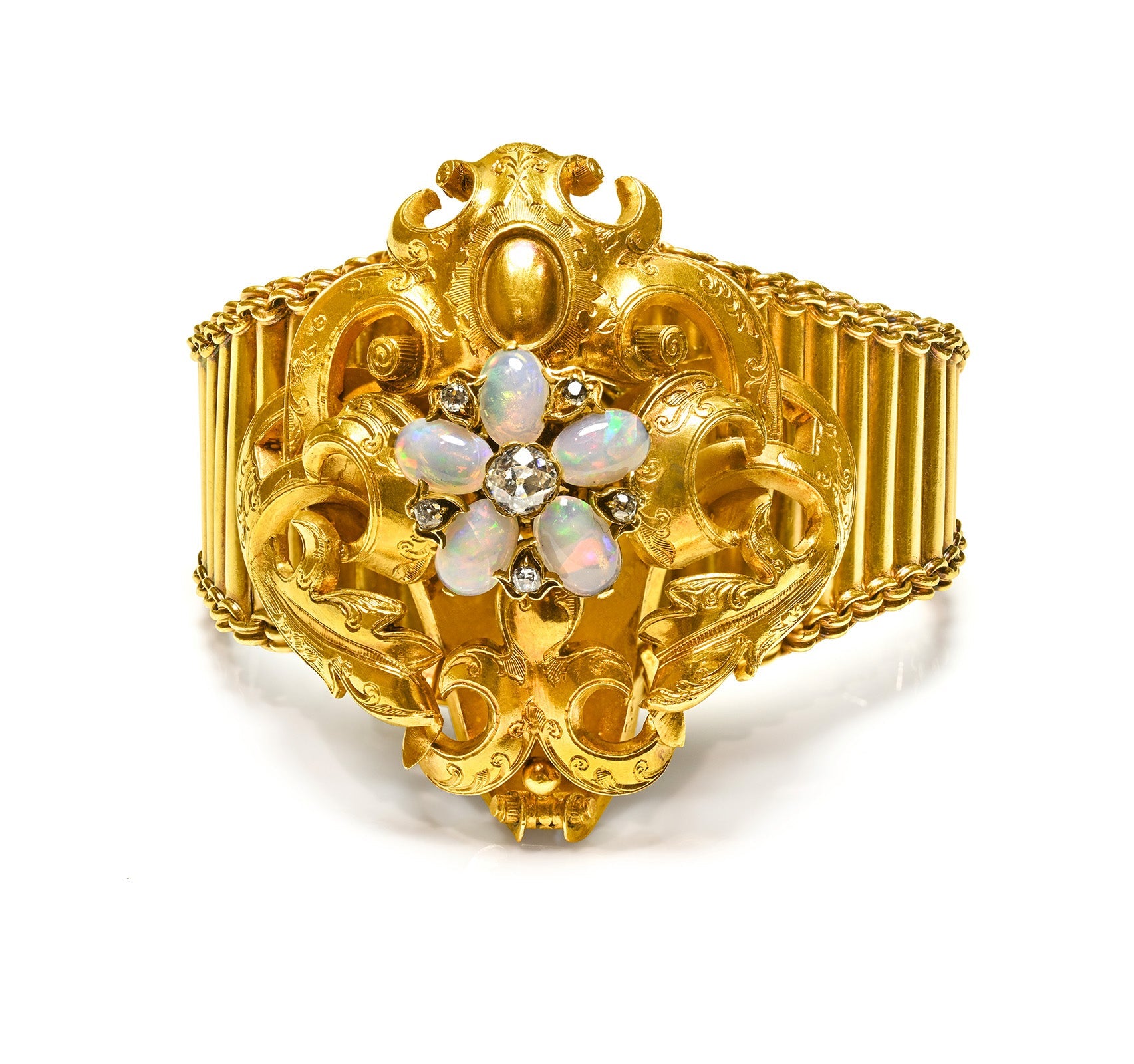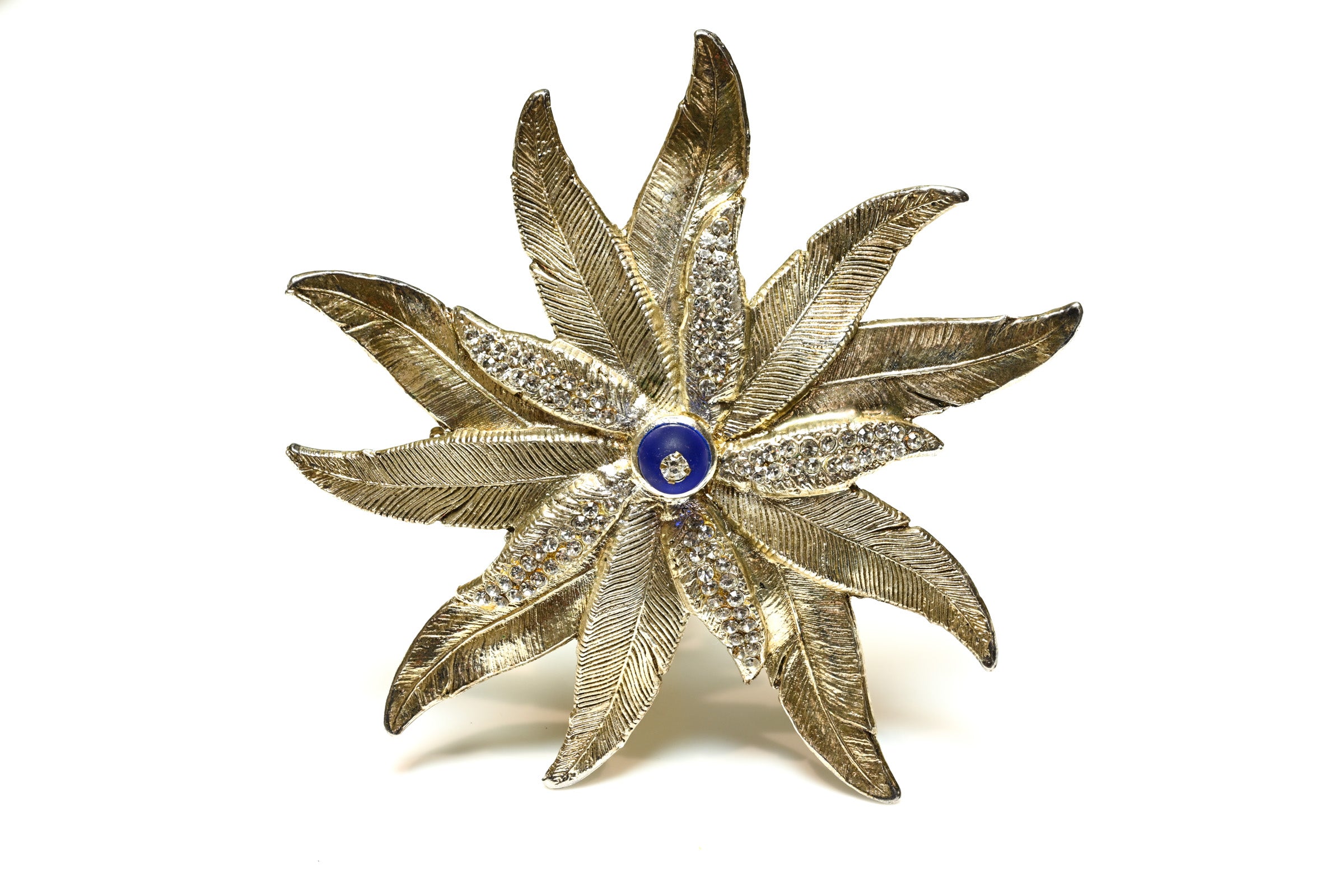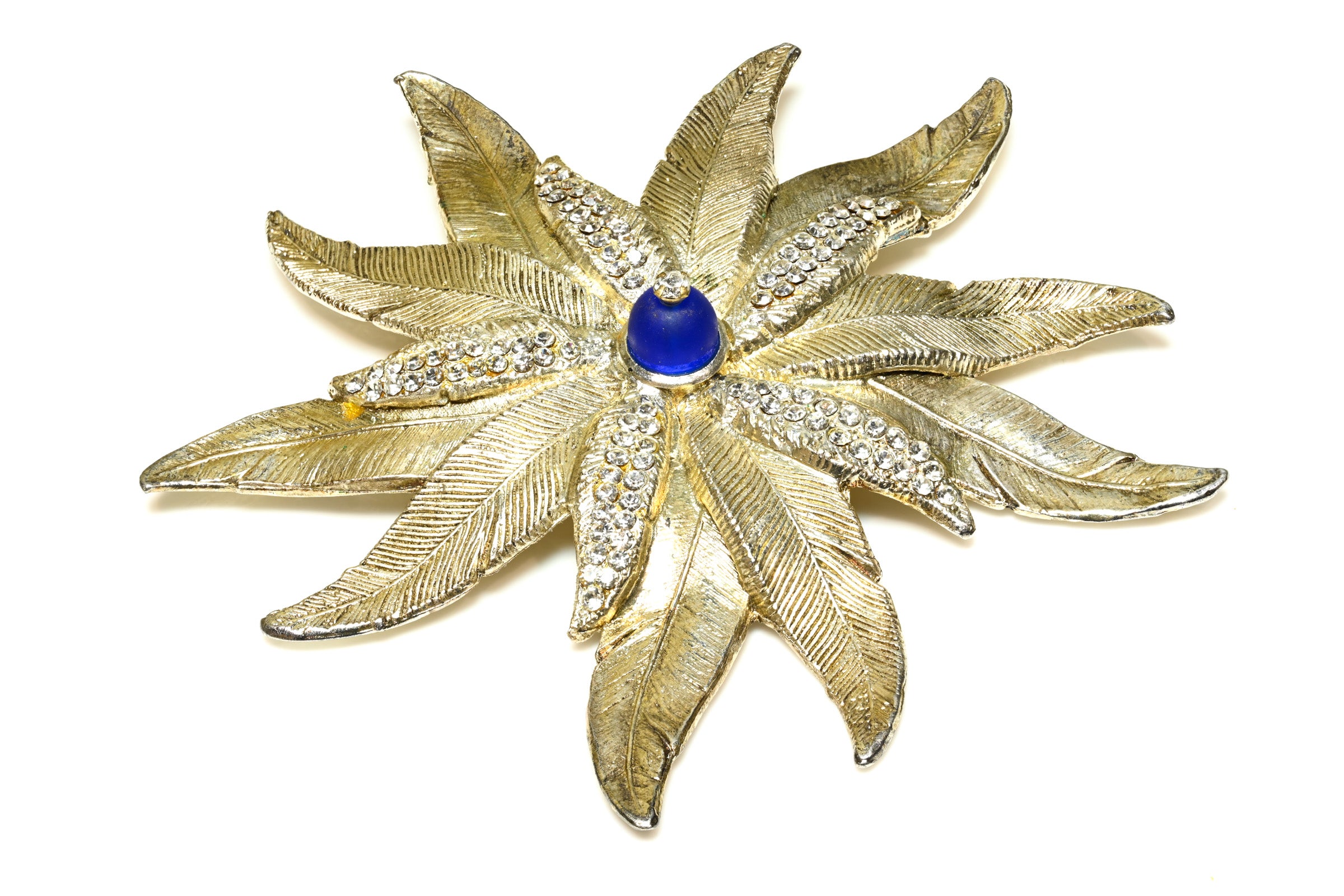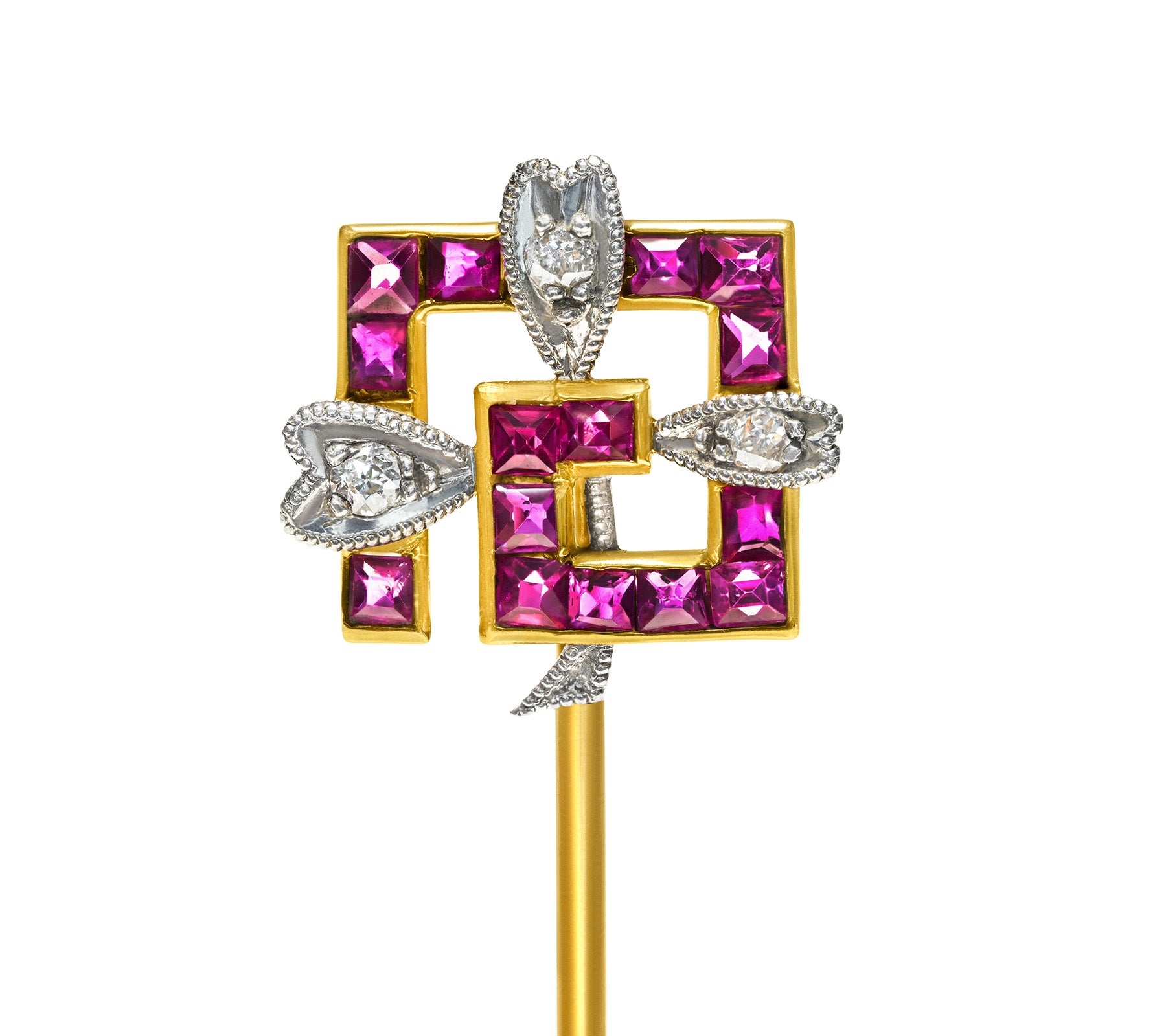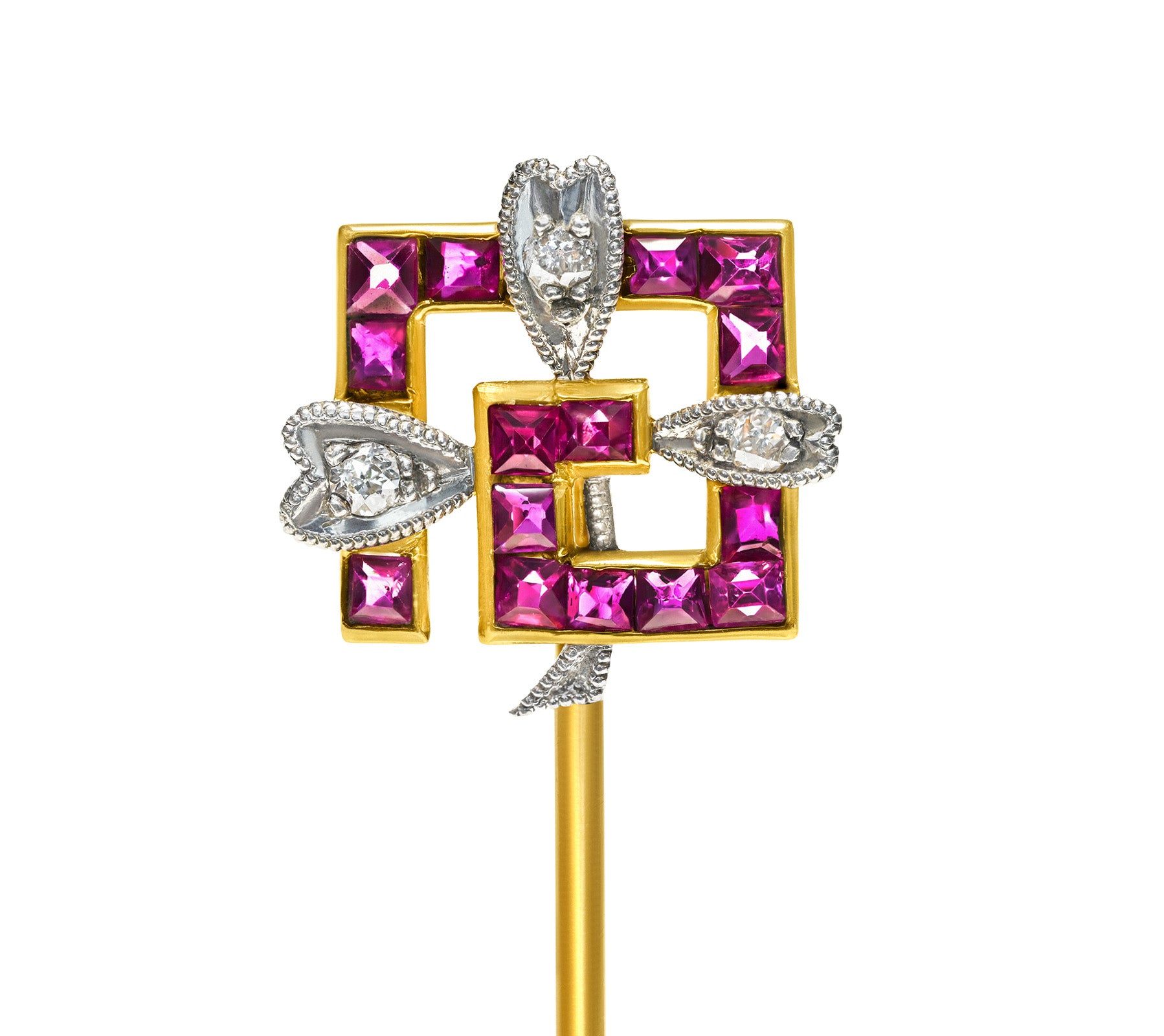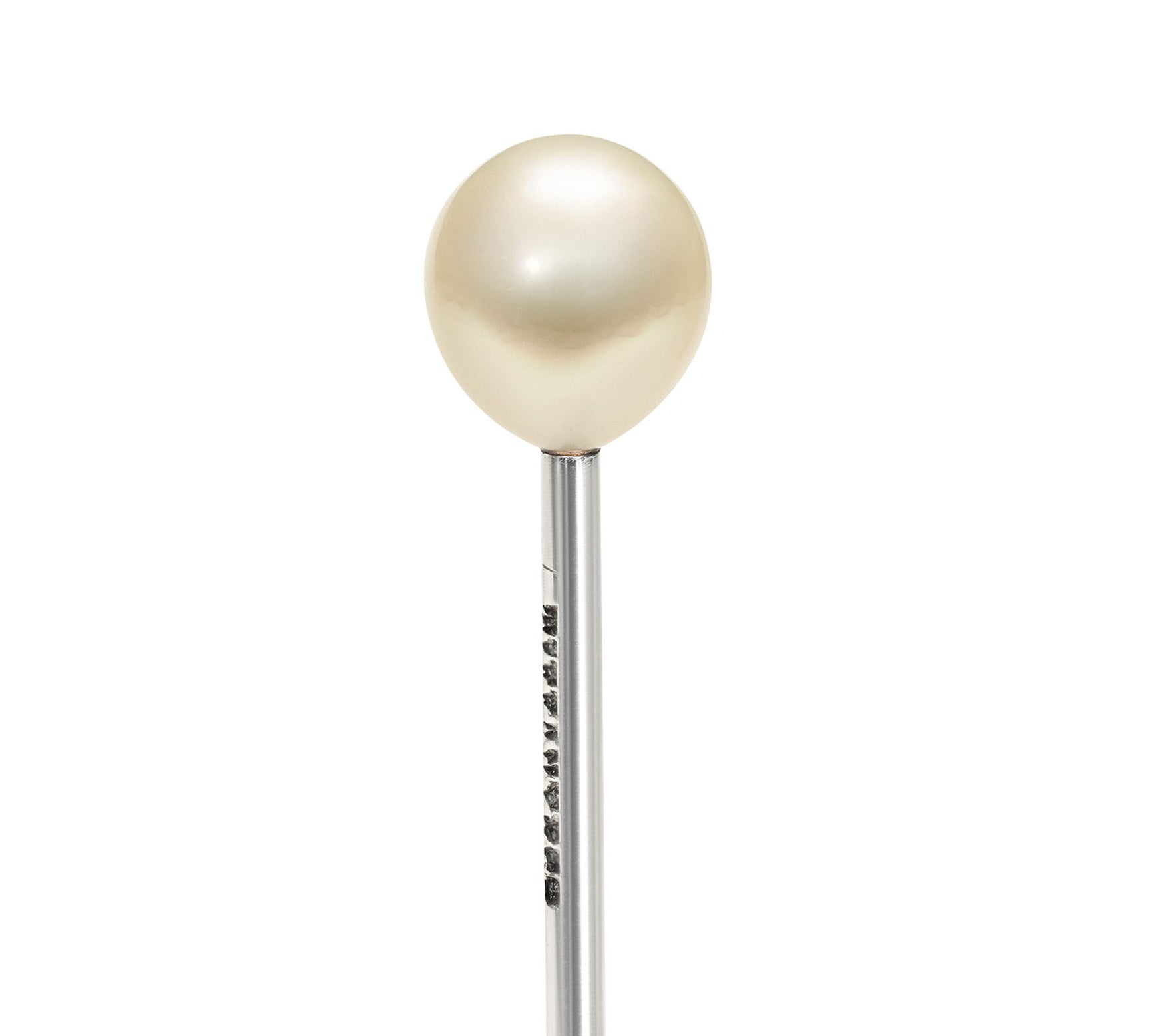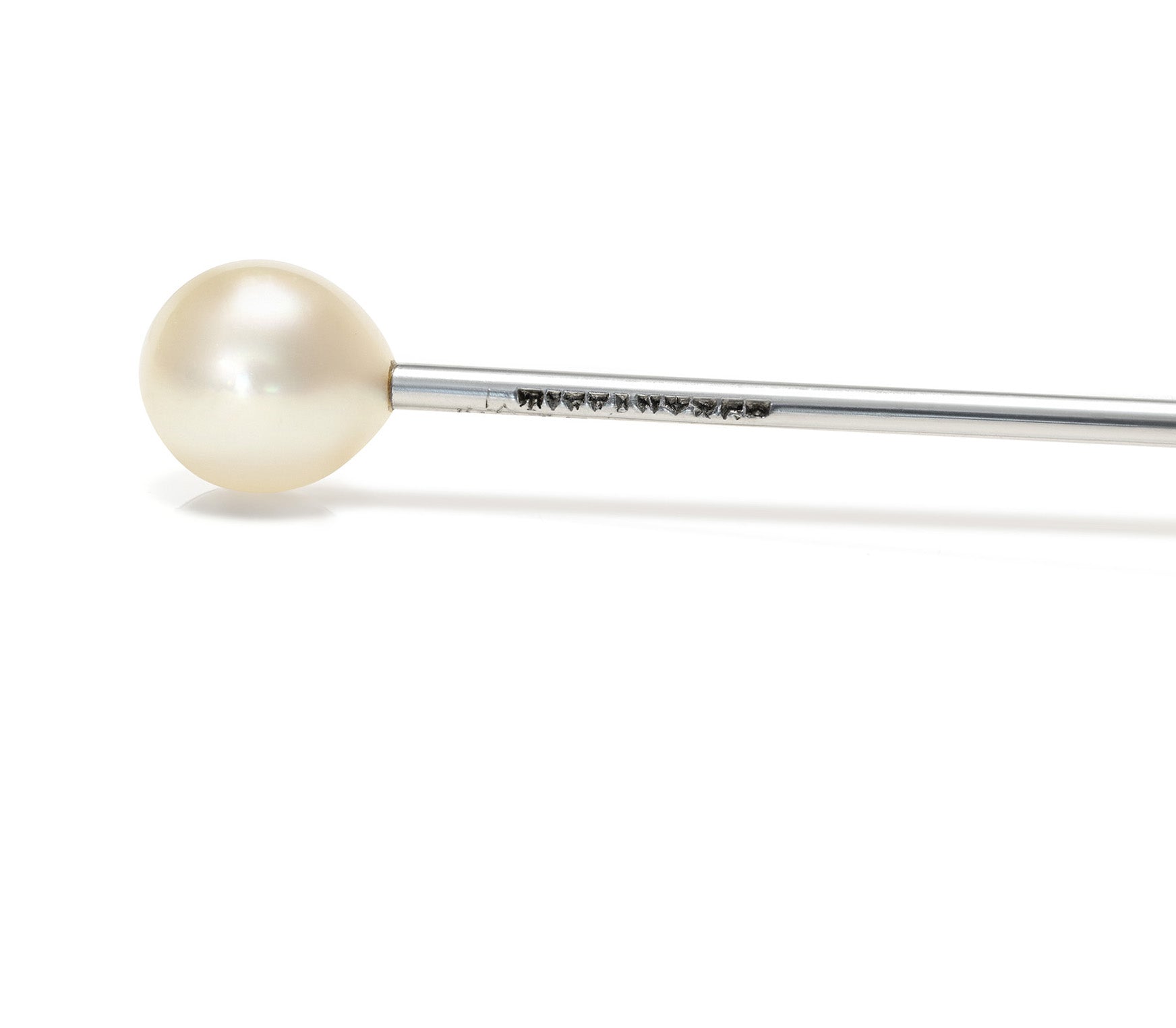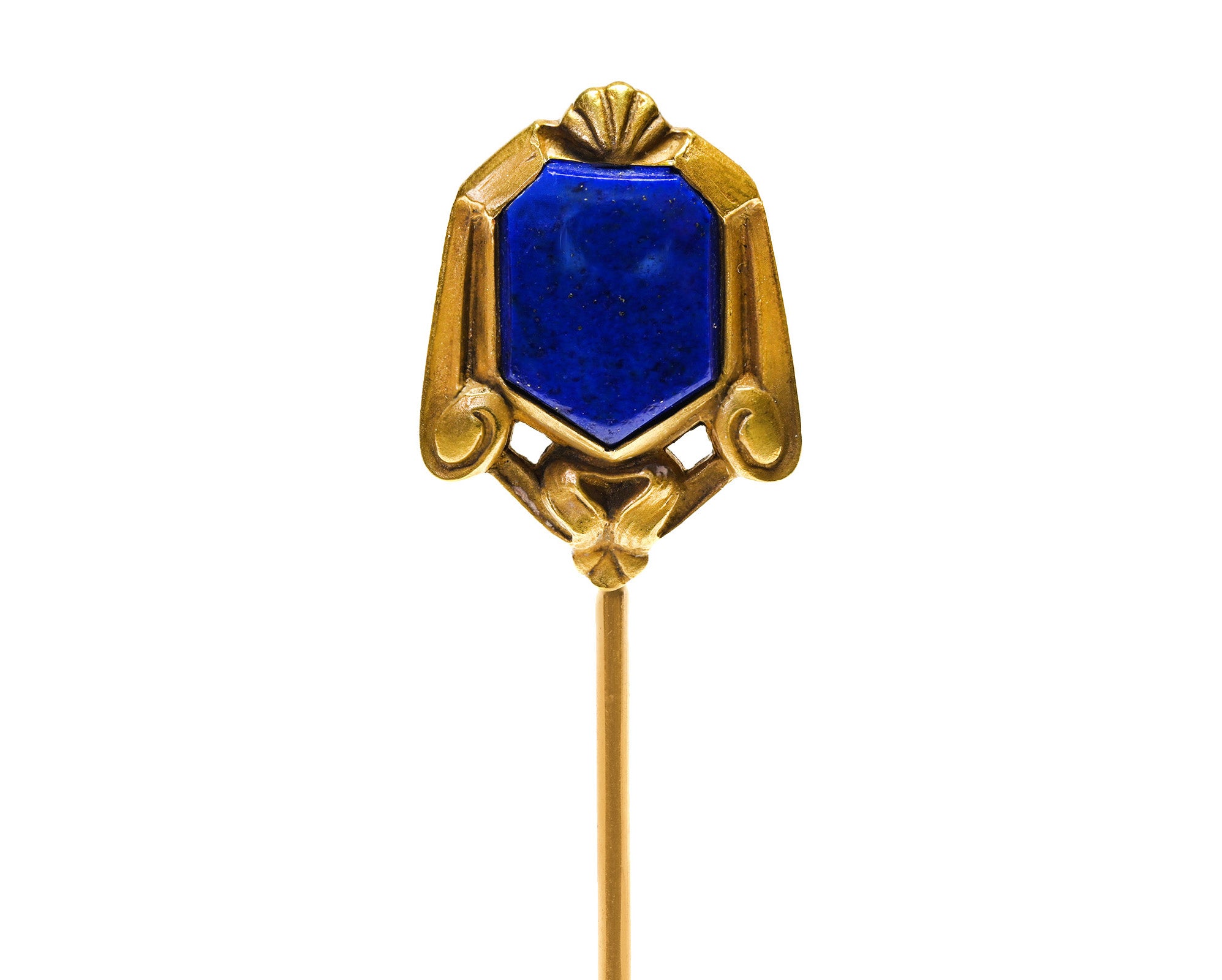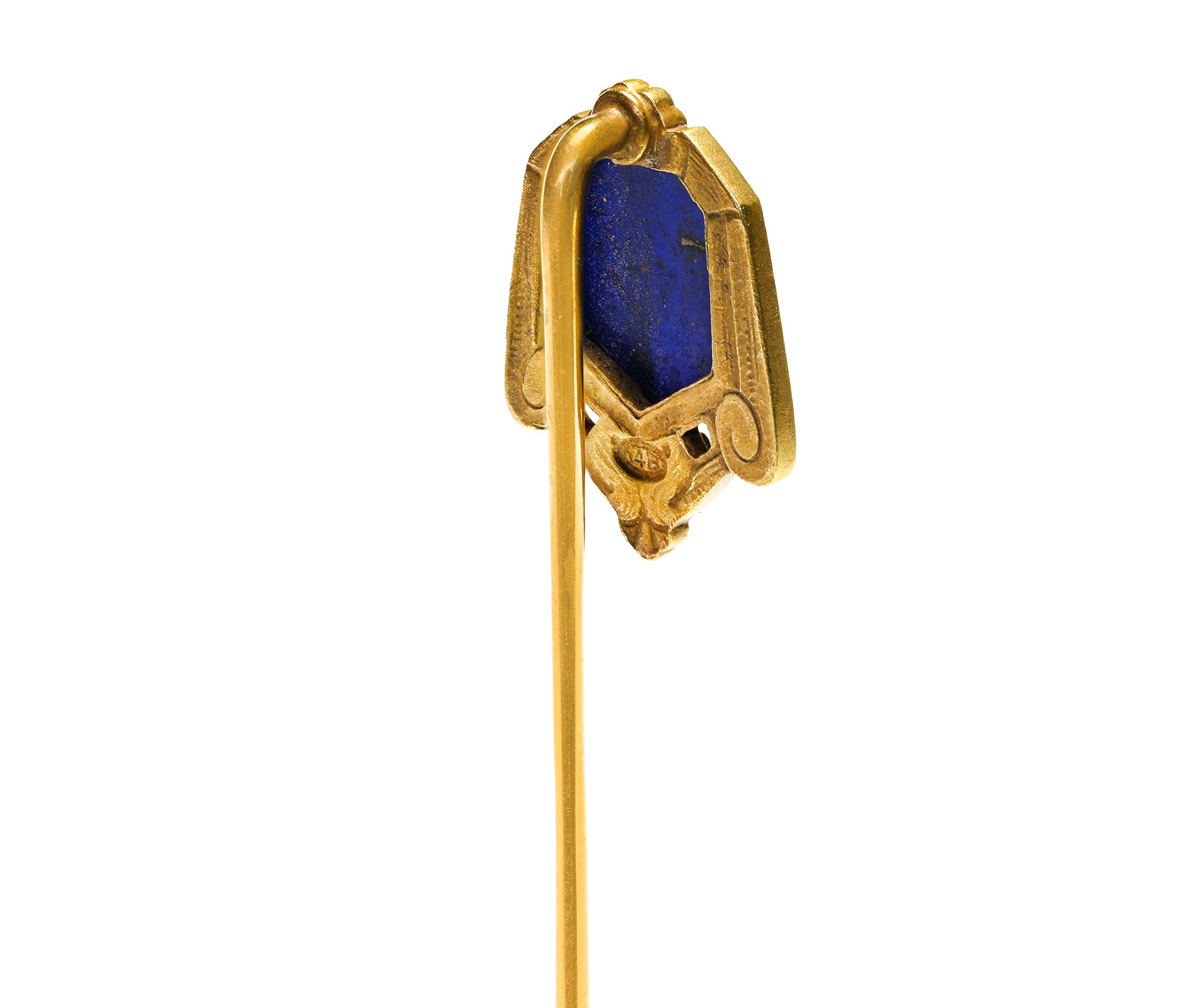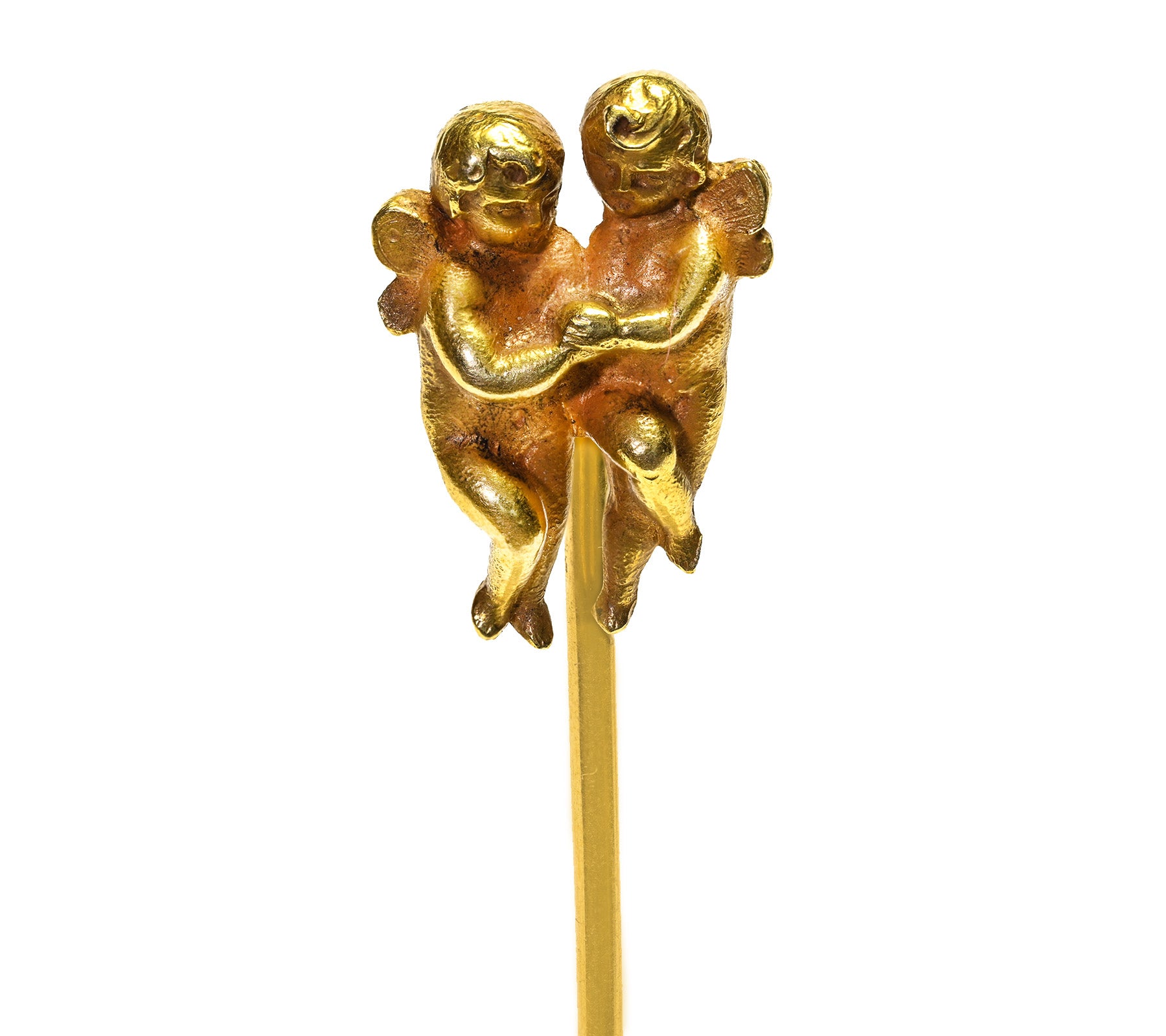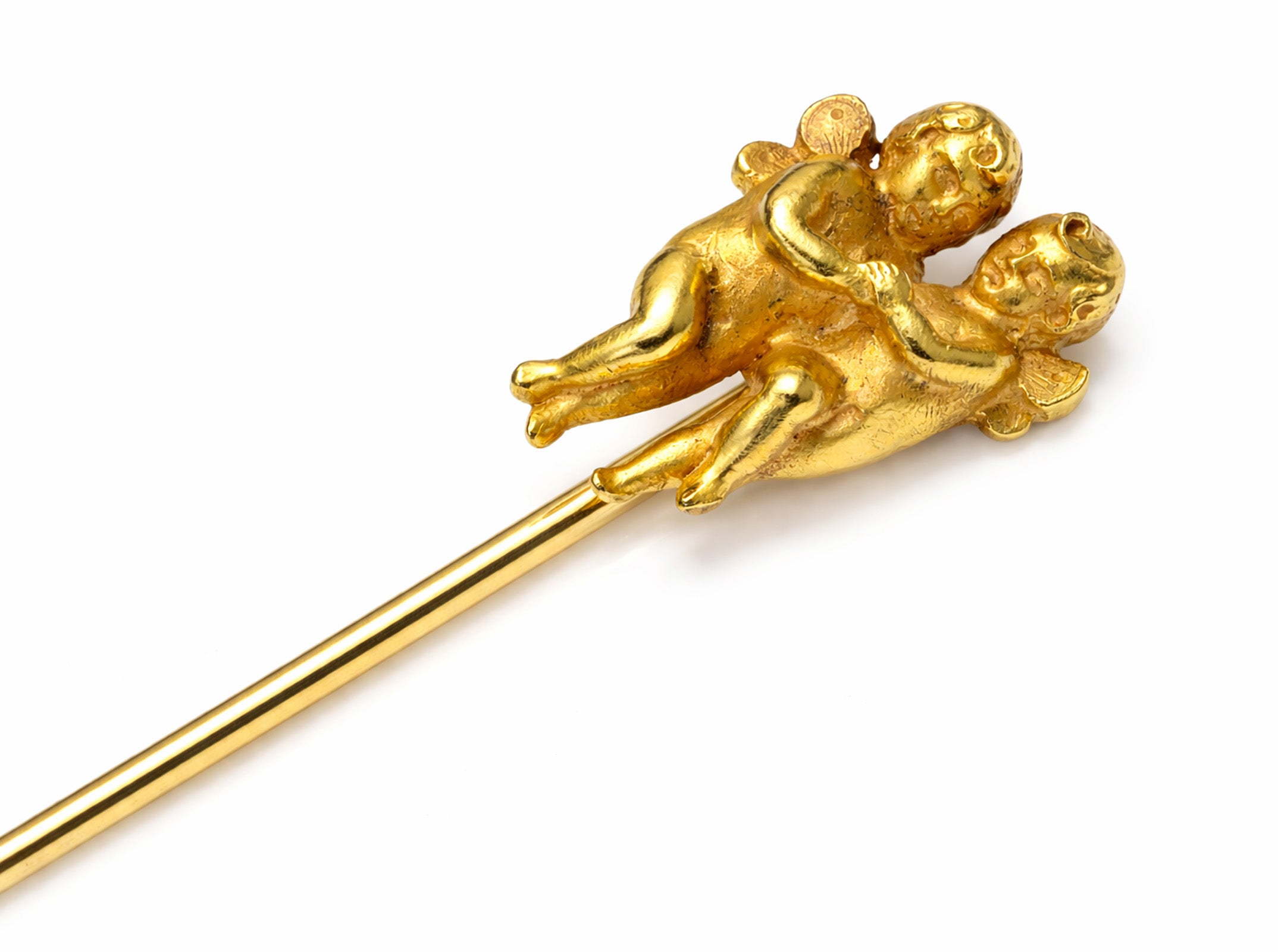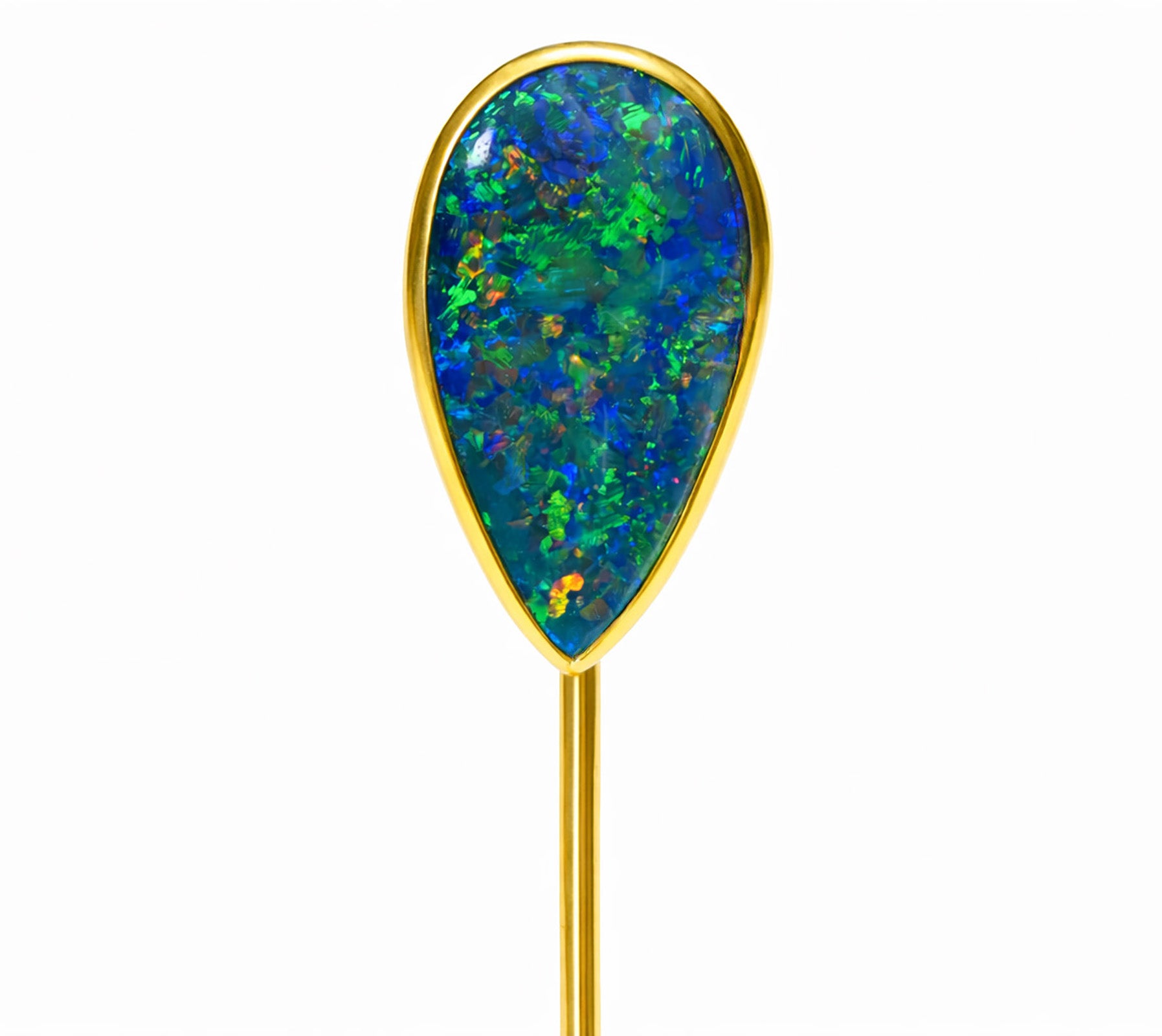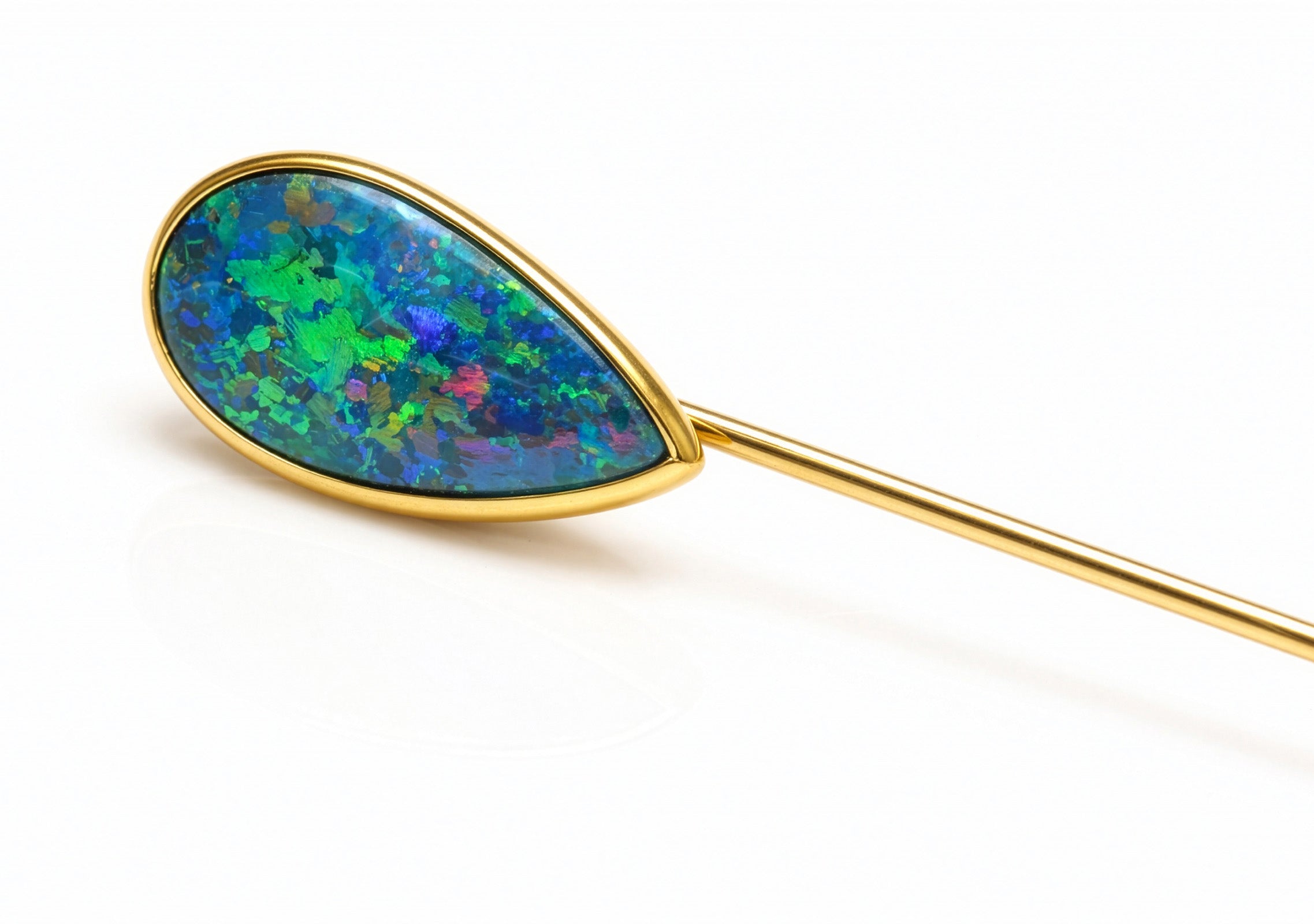Jewelry And The Code of Good Manners Throughout History
These rules reflect cultural norms and ethical codes accepted in the different social groups we belong to. Jewelry, from signet rings to elaborate brooches, often helped individuals communicate their social standing and understanding of these norms.
Protocol, etiquette, and good manners are important when it comes to ceremonies and when dealing with other people. Mannered people will communicate and behave naturally, politely, and courteously with others.
Code Of Good Manners - Origin Of The Protocol
Behavior had to be subject to certain rules to become social behavior and, as a result, a manual of etiquette and a master of ceremonies was needed. One of the tyrants of Syracuse in the 3rd century BC is said to have suspended a public activity because his master of ceremonies fell ill.
Even in ancient times, ceremonial jewelry, such as crowns or special rings, was worn by high-ranking officials during these public functions to symbolize their authority and their knowledge of social codes.
Among the oldest books are those dealing with the subject of public conduct. With the help of these manuals, people learned manners. Four and a half thousand years ago, in Egypt and Babylon, manners were observed in the street, at public events, and at the table.
In Egypt, jewelry was also an essential part of these protocols, with the nobility adorning themselves with gold and gemstones that reflected their rank and adherence to the established codes.
About 5,000 years ago the "First Code of Conduct" appeared, written in ancient Egypt by a minister of the Pharaoh Isesi called Ptahotep. This manual, written two thousand years before the Bible, showed young people how to climb the social ladder by following civilized rules of good manners.
At the same time, jewelry, such as collars, bracelets, and rings, symbolized one's rise in social status and adherence to these codes. Wearing the right piece of jewelry at formal events was considered essential for demonstrating respect for these societal rules.
Codes Of Good Manner In The Middle Ages
In the Middle Ages, good manners were considered a sign of weakness in a warlike society and were ignored. With the Crusades, the rules of chivalry in the 13th century were imposed again. Manuals appeared explaining "what should and should not be done in public, at the table or in the street."
Knights, who adhered to the rules of chivalry, often wore signet rings or medallions that symbolized their loyalty to these values. Jewelry in this era was not just decorative but represented the wearer's moral and social code.
From the 14th century, rules of hygiene and ceremony were observed. Ancient man promoted etiquette, a word referring to ceremonies and rules concerning social life. Knights competed in boisterous but elegant manners. The bourgeoisie imitated the knights, and all this encouraged the observance of refined rules of conduct.
During this period, gold chains, rings, and brooches worn by the nobility and the wealthy middle class were a mark of their sophistication and understanding of etiquette. Wearing jewelry according to the occasion was seen as an integral part of good manners.
Codes Of Good Manner In The Renaissance
In the Renaissance, good manners began to gain ground. The best time for etiquette manuals was the 16th century.
Two works appeared: that of the Spaniard Luis Vives and that of the Dutchman Erasmus of Rotterdam, whose manuals were the best-selling books of the time. In 1530 he wrote a manual on the behavior of children, which was successfully reprinted until the 18th century.
Jewelry in the Renaissance also evolved to become a symbol of one's rank and education. Elaborate cameos, necklaces, and rings were worn to signify one’s adherence to social protocols. For example, wearing pearls at formal dinners became an indicator of refinement and understanding of the evolving codes of manners.
In the 19th century, children's handbooks on conduct and education were successful until the First World War, after which things, unfortunately, went backward. In modern times, handbooks of good manners have begun to be discredited, as if the things written in them were ridiculous, instead of trying to adhere to good manners.
But, there are still good people who still treasure good manners, and behave properly with other people.
Jewelry continues to play a symbolic role in maintaining certain codes of decorum, especially during formal or ceremonial events. Pieces like diamond brooches, pearl necklaces, and even engagement rings carry with them the weight of social tradition and etiquette.
Etiquette presents a set of rules to help us interact with others and develop harmonious, constructive relationships based on respect and consideration. These should be done politely, from the heart, and based on sincerity, otherwise, we will see constraint and rigidity in our gestures.
Exploring the Codes Of Good Manners
Here are some of the most important rules:
- At theaters, operas, galas, or exhibitions, we have to dress elegantly.
- In a restaurant or bar, the man will always enter first.
- At the table, the "Geisha Rule" will apply: Don't blow on food/tea/coffee! Wait for it to cool down!
- Every time a lady gets up from the table, all men must also get up.
- A lady will never enter alone în a bar or place where alcoholic drinks are sold.
- When meeting someone on the street, we will not stand in the middle of the street or the middle of the pavement.
- We should not interrupt our conversation partner.
- Self-introduction is a common practice, on various occasions: in a larger company, when asking for a visit, when introducing yourself to a superior you have not yet met.
- When sneezing, coughing, or yawning, the hand is always put to the mouth, no matter how far away or related to a person. It is advisable to always carry tissues or handkerchiefs.
- The man is introduced to the woman, the younger to the older.
- In public transport: If a lady is accompanied by a man, he will buy her a ticket and offer her a window seat. If there is only one free seat, it will be offered to the lady and the gentleman will stand next to her. He will never leave her, rushing to catch an empty seat when the opportunity arises.
- Not responding to the gesture of the one who extends the hand is in itself an offense, even worse than not greeting.
- Punctuality, when we are invited to dinner, is particularly important.
- Don't put your elbows on the table! If you only use one hand, place it in your lap.
- Always greet with a smile. When greeting, you should look the person being greeted in the eyes, not at the sky or at the ground.
- Do not speak with your mouth full! Chew with your mouth closed! Thank the waiter when he serves you!
- Don't talk on the phone during a meal. If you receive a very important call, you must excuse yourself and get up from the table.
- Do not greet with your hands in your pockets or with your mouth full. Don't greet with large, unnatural gestures.
- When you have finished eating, do not push your plate to the corner of the table! Wait for the waiter to pick it up.
- Don't call people on the phone before 10 am, between 1 pm and 5 pm, and after 9 pm, except for close friends whose schedule you know.
- A conventional call should not exceed 5 minutes!
- If we don't like a gift, we'll hide our displeasure.
- Don't give flowers to men unless they are in the hospital.
- We shouldn't greet hurriedly and give the impression that we are preoccupied with something else.
- Boys must take their hats off when they say hello. The most commonly used phrases are "Hello!", "Good evening!" "Good morning". Between friends or colleagues, "Hello!" is usually used. Never greet an older person with "Hello!" or "Hi!".
- When the state anthem is sung in public places, we stand up, take a decent posture, and the boys take off their hats and listen in perfect silence.
- The price of gifts will be carefully removed. The exception is records and books, from these the price is not removed.
- Flowers are given without the packaging in which they were bought, even if it is very nice.
- The flowers received should be placed immediately in a bowl of water.
- The person who receives a gift will open it in front of the guest and will not spoil his joy by protesting that it is too expensive, that he shouldn't, or worse, that he doesn't like it, doesn't need it, can't accept it, etc.
- When distance or noise does not allow us to greet verbally, then we greet with a slight bow of the head.
- Boys greet girls first, men greet women first, and children or younger people greet older people first. When we enter a room we greet those already there. When we introduce ourselves to a group we greet first. After greeting each other, we do not interrupt the discussion in which the group members are engaged.
- The one walking greets the one sitting down, and the one in a car the one who is a pedestrian, but always, we should not hesitate to greet first, even if the rule requires us to be greeted. It is polite to salute. Waiting to be greeted is rude.
- A man will always walk to the far edge of the sidewalk when walking with a woman. If there are two men and a woman, then she will stand in the middle.
Follow us on Facebook and Instagram for more news and interesting facts from the world of jewelry and fashion!


